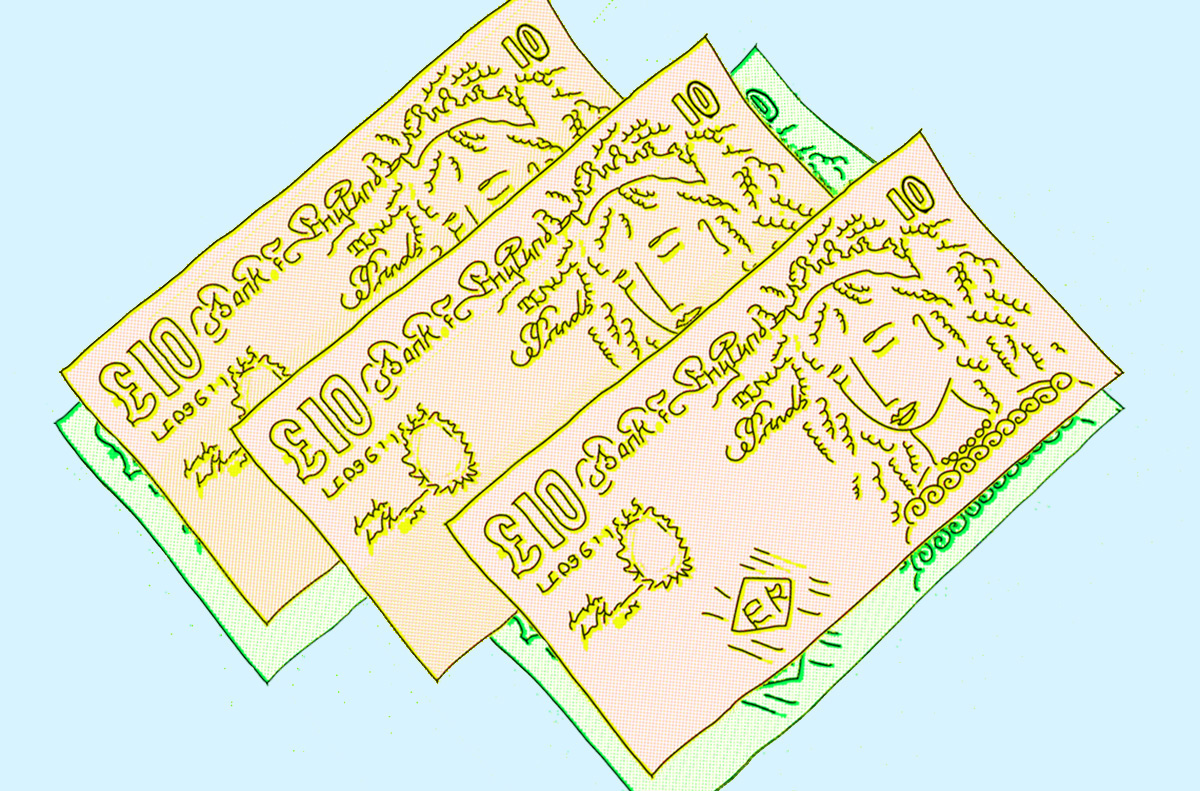
White rich people bragging about being dirty? Here’s why that reeks of privilege
This strange flex is disgusting and also a clear example of how race subtly shapes the smallest of habits.
Ruchira Sharma
08 Sep 2021
Recently a stinky trend has permeated Hollywood and has triggered a global discussion no one wanted to have. Mila Kunis and Ashton Kutcher admitted that they actively avoid showering unless it’s necessary with the latter admitting he splashes his crotch and armpits but “never” anywhere else. They also said they don’t wash their children unless they can “see dirt on them”. Jake Gyllenhaal agreed, saying he finds “bathing to be less necessary”. Then Kristen Bell admitted she was also “a big fan of waiting for the stink”. She and her husband, Dax Shepard, told US chat show The View they waited for their kids to smell before bathing them.
Naturally, when social media caught a whiff of this, a debate was sparked and celebrities sought to split off into two definitive tribes of ‘showerers’ and ‘non-showerers’. Cardi B said the new ‘trend’ sounded “itchy”, while The Rock shared that he showers three times a day – arguably too much. But I think the whole thing stinks of privilege.
These rich (and white) celebrities have infinite resources at their disposal and yet use their platforms to preach about dirt. It’s reminiscent of the 2019 ‘washing legs’ debacle which started when a white woman tweeted she only showered once or twice a week adding: “I don’t like to use soap on my whole body when I shower? and I don’t think I’m gross? I pretty much just wash my face and my armpits with soap.” Much like ‘Celeb Showergate’ (as some have dubbed it online), the debate became heavily racialised. It begs the question why some of the world’s most wealthy can fearlessly tell Vanity Fair they don’t shower, while others (like me) fear an association to uncleanliness.
The reality is, if you’re from a marginalised background, you’ve likely lived a life in fear of people calling you dirty. In fact, cleaning routines are central to so many ethnic minorities’ identities, cultures and religions. In Islam for example, ritual washing or Wudhu is commonplace where the wrists, nose, feet and behind the ears are cleansed before prayer which many do multiple times a day. And in majority Muslim countries hand bidets have been widely adopted. Yet rising islamophobia has resulted in racialised Muslims around the world often being stereotyped as unclean.
“So why are people of colour disinfecting themselves to the point where they’re putting themselves in danger, meanwhile bohemian celebrities rarely even touch a bar of soap?”
Historically, soap companies have played on insecurities associating dark skin with dirt, a trope that Dove played into not even that long ago. This mindset is ever-present, as illustrated by a recent lawsuit against Pharmaceutical corporation Johnston & Johnston which shows the company allegedly targeted Black women with talc products that have been heavily linked to cancer. As Janice Mathis, executive director of the National Council of Negro Women told NPR, this insidious belief that “black women are offensive in [their] natural state” is used to shame them into feeling unclean so we’re easier to market possibly toxic products to. Black women feel their hair is seen as “dirty” and “unprofessional”, so they spend more money than their white counterparts on maintenance and bathe in Dettol, meanwhile, other black beauty products aside from Johnston & Johnston were overwhelmingly found to have harmful chemicals in them linked to obesity, infertility and cancer. So why are people of colour disinfecting themselves to the point where they’re putting themselves in danger, meanwhile bohemian celebrities rarely even touch a bar of soap?
Niza, 22, from Canada, says this is because most people of colour have experienced white people telling them that they, or their food, smell weird. Like many, she feels like she has overcompensated for white people’s racism. “I would always wash my clothes more than I should and shower constantly to make sure I wouldn’t smell like my ethnic food to not be ridiculed by white people,” she tells me.
This rings true to my own experiences. I detested the idea of ever giving someone this ammunition as a South Asian, as one of the internalised terrors I had growing up was being accused of smelling like curry, a common and obviously extremely crass, racist stereotype.
Hollywood’s Black elite aren’t immune either. Who could forget in 2015 when E! News anchor and Fashion Police host Giuliana Rancic said Zendaya’s hair – in faux locs – looked like “she smells like patchouli oil and weed.” Zendaya, who was 19 at the time, called out the racism behind those comments.
Racist hygiene stereotypes weren’t born overnight. According to Andrew Kettler, author of The Smell of Slavery: Olfactory Racism and the Atlantic World, the connection came from a modern form of capitalism that wanted to categorise the proletariat as inferior to ‘justify’ the extraction of their labour. “The African subject was defined as a scented object,” he writes, “appropriated as filthy to create levels of ownership through discourse that marked African peoples as unable to access spaces of Western modernity.” Essentially by labelling groups as “stinking”, Europeans were able to rationalise a modern economic system that profited from dehumanising colonised people.
All the while, European monarchs historically were not necessarily cleaner themselves.
“The African subject was defined as a scented object appropriated as filthy to create levels of ownership”
Gregory Lee author of Dirty, Diseased and Demented: The Irish, the Chinese, and Racist Representation tells gal-dem that Louis XIV, king of France and his court never washed. “There was this idea that if you washed, the water would somehow have a deleterious impact on the skin and let in all kinds of microbes so people covered themselves in perfume and changed their clothes fairly often instead,” he explains.
The science behind hygiene and disease is surprisingly new. In 19th century England diseases were believed to come from bad smells. The logic was that in poor districts, the air was foul and the death rate high, while in the prosperous suburbs, there were no smells, therefore there must not be disease. Throughout this time personal hygiene was rarely connected to disease. Things began to change by the middle of the century when medical practitioners realised that spotless wards could reduce the potential for illness, and hospitals began implementing stringent cleaning protocols in response.
While people died because of bad hygiene historically what would actually happen if you didn’t shower every day now? “You can expect a build-up of dead skin, oil and microorganisms which may increase risk of skin infections, cause acne breakouts and increase body odour,” says Dr Adil Sheraz, Consultant Dermatologist & British Skin Foundation spokesperson. This could also lead to a condition called dermatitis neglecta which results in localised dark, thickened patches of skin, and showering too much or too little could result in an imbalance of the microbiome of the skin, which keeps it healthy. Dr Sheraz recommends washing “only when you need to” which differs for everyone i.e. more in hotter climates, less if you have eczema, but on average this would be three or four times a week. Most people in his opinion shower regularly for the pleasure of feeling clean rather than necessity.
So while celebrities aren’t necessarily wrong for showering less, it’s frustrating to see the obvious double standards surrounding hygiene and race. Like with much of the pandemic, this debate has simply exposed more of the palpable divide between celebrities and ourselves, and how triggering cleanliness can be for people of colour.
The timing of ‘Celebrity Showergate’ couldn’t be more bizarre. Throughout the pandemic, hygiene and cleanliness have become more essential than ever as health officials have equated our hand-washing routines to saving lives.
Keyworker industries, including transport, supermarkets, health service and care work were suddenly relied upon to keep the country running during the lockdown. Often marginalised workers had to adapt to a newfound fear of Covid-19 transmission within their jobs due to reports of them being overrepresented in key worker deaths. Hygiene and cleanliness have been urged in these sectors to save lives and during this time, where were celebrities? Ah yes, relaxing in their mega-mansions, naturally socially distancing from the community by virtue of their properties’ huge square mileage bragging about rolling around in the dirt.
People can shower however much they want, but just know that celebrities literally live in a different world to the rest of us – a world where dirt doesn’t exist as people around them ensure it doesn’t. Why shower when your life is already pristine and you can bathe in money?





